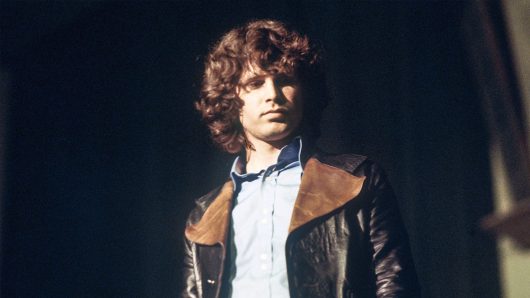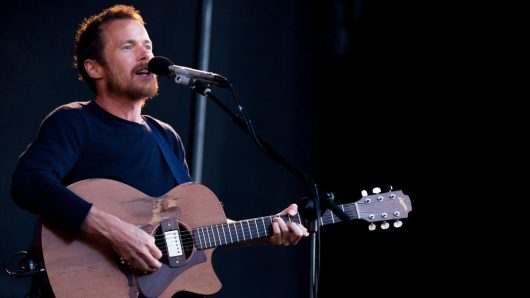Every decade produces a glut of great music, but most serious pop fans would admit there was something particularly special about the 60s. In retrospect, it feels like an especially turbulent decade, with the world coming close to all-out nuclear war over the 1961 Cuban Missile Crisis, and the US becoming embroiled in the Vietnam War, but music’s changing trends mirrored the social and political events throughout, with the singles-based pop of the British Invasion gradually giving way to rock’s album-based market. Genres as diverse as soul, psychedelia, folk-rock, metal and even proto-punk surfaced before man finally set foot on the Moon in the summer of 1969, and we pay tribute to this era of relentless change with a countdown of the best 60s songs.
Listen to our Rock Classics playlist here, and check out our best 60s songs, below.
20: Tim Buckley: Morning Glory (from ‘Goodbye & Hello’, 1967)
Tim Buckley’s multi-octave vocal range and genre-bending approach to songwriting would probably have made him a major star in the present day, but he only commanded a cult-level fan base during his all-too-brief 28-year lifespan. He’s arguably most revered for the left-field brilliance of 1971’s Starsailor album (featuring the breathtaking Song To The Siren), but his folk-rock masterpiece Goodbye And Hello includes several of the best 60s songs – not least the elegant troubadour ballad Morning Glory.
“Tim stopped you from doing what it was you were doing and demanded you listen to him,” Elektra Records’ Jac Holzman said in a 2022 Record Collector interview. “Goodbye And Hello was his second album and it exceeded anything I could have hoped for – and Tim was only 20 when he made it!”




